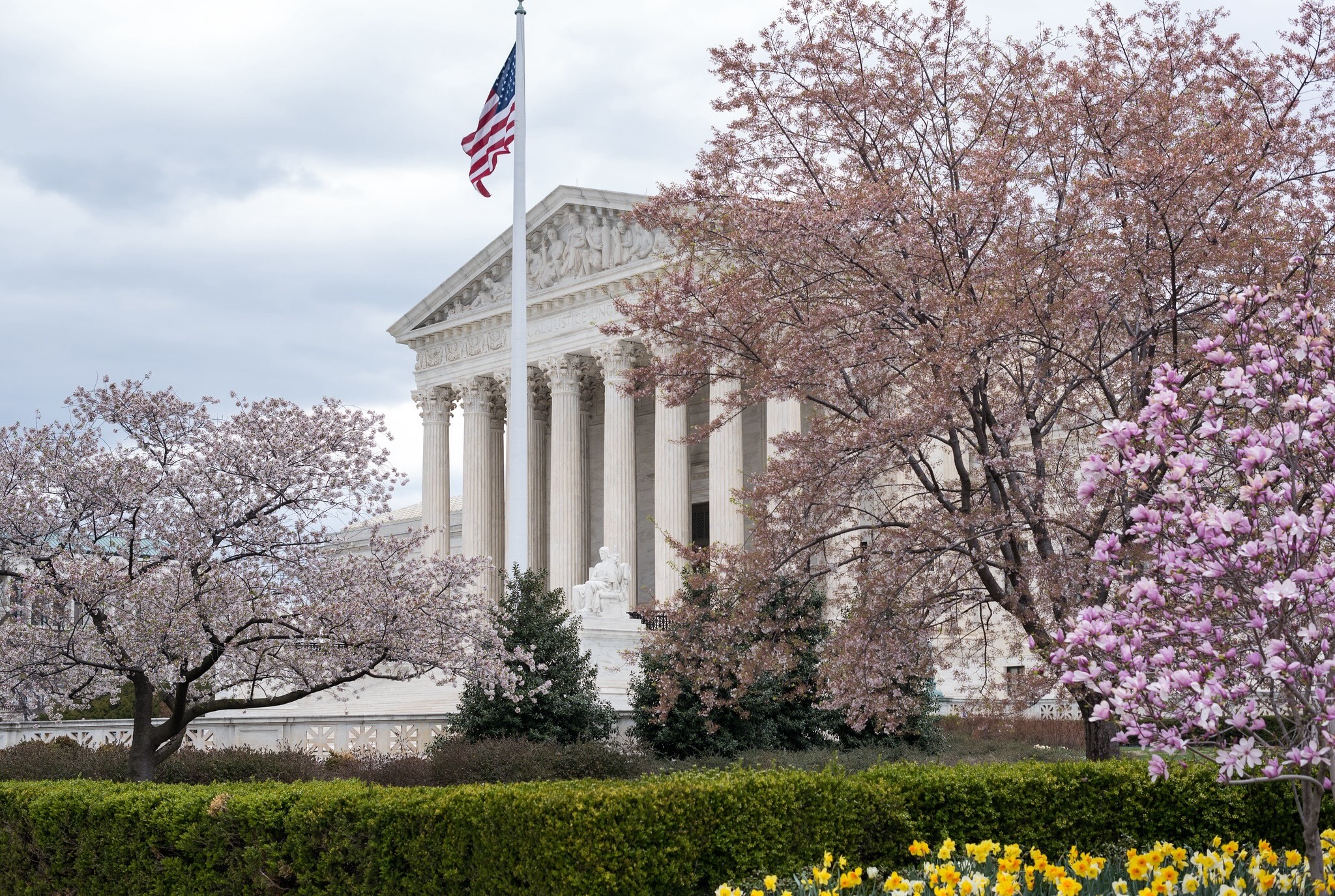Justices reject challenge to structure of HHS task force that supported providing coverage for HIV medication


The Supreme Court on Friday rejected a challenge to the structure of a Department of Health and Human Services task force that makes recommendations about which preventive services, including HIV medication, insurers must cover at no additional cost to the patient. By a vote of 6-3, the justices ruled that members of the U.S. Preventive Services Task Force, an independent panel of 16 volunteer experts, were properly appointed by the Secretary of Health and Human Services and did not need to be nominated by the president and confirmed by the Senate.
Justice Brett Kavanaugh wrote for the majority, emphasizing that “[t]he structure of the Task Force and the manner of appointing its officers preserve the chain of political accountability that was central to the Framers’ design of the Appointments Clause: The Task Force members were appointed by and are supervised and directed by the Secretary of HHS. And the Secretary of HHS, in turn, answers to the President of the United States.”
Justice Clarence Thomas dissented, in an opinion joined by Justices Samuel Alito and Neil Gorsuch. Thomas argued that, “[u]nder our Constitution, appointment by the President with Senate confirmation is the rule. Appointment by a department head is an exception that Congress must consciously choose to adopt. The Framers established this rule to ensure that the President is accountable for the selection of officers in the Executive Branch. And, it is the law, whether we agree with it or not.”
The question came to the court in a challenge by a group of individuals and small businesses to the requirement, based on a June 2019 recommendation from the task force, that insurers and group health plans provide coverage for pre-exposure prophylaxis medicines, known as PrEP, that are highly effective at preventing HIV. The challengers have religious objections to providing that coverage, as they believe that the drug “encourage[s] homosexual behavior, intravenous drug use, and sexual activity outside of marriage between one man and one woman.”
Specifically, the challengers contended that the task force’s structure violates the Constitution’s appointments clause, which requires “principal officers” of the United States to be nominated by the president and confirmed by the Senate.
U.S. District Judge Reed O’Connor ruled for the challengers. He invalidated all of the preventive-care coverage requirements imposed since then-President Barack Obama signed the Affordable Care Act, which created the no-cost coverage requirement for preventive care in 2010, and barred the government from enforcing the coverage requirements going forward.
The U.S. Court of Appeals for the 5th Circuit agreed with O’Connor that the structure of the task force violates the appointments clause, but it rejected his remedies for that violation. Rather than striking down all of the task force’s prior mandates and prohibiting the government from enforcing the requirements in the future, it merely blocked the government from implementing the preventive-care requirement against the challengers in this case.
On Friday, the Supreme Court reversed. Writing for the majority, Kavanaugh noted that the key question before the justices was whether the task force members are “principal” officers, who must be nominated by the president and confirmed by the Senate under the appointments clause, or if they are instead “inferior” officers. Kavanaugh concluded that they are inferior officers because the HHS secretary “can exert significant control over the Task Force” – for example, through his ability to remove and replace members at any time, and by blocking recommendations with which he disagrees.
Kavanaugh rejected Braidwood’s interpretation of the statutes at issue in the case – which, he said, effectively “create[] an independent agency—the U.S. Preventive Services Task Force—whose members wield unchecked power in making preventive-services recommendations of great consequence for the healthcare and health-insurance industries and the American people more broadly.” Kavanaugh countered that “[i]t would be odd” for the Supreme Court “to attribute to Congress the intent to create such a powerful independent agency” without saying so directly. And he noted that when Congress “wants to create an independent agency, it generally does so by explicitly conferring for-cause removal protection on the agency’s leadership” – which it did not do in this case.
In his dissent, Thomas accused the federal government of having “invented a new theory on appeal, arguing that the combination of two ambiguously worded statutes enacted decades apart establishes that the Secretary of HHS can appoint the Task Force’s members.” He observed that he would not consider that new theory now, “before any lower court has done so.” But in any event, he added, Congress had not clearly indicated that it intended to depart from what he described as the “default rule that all Executive Branch officers must be appointed by the President with the Senate’s approval.”
Posted in Merits Cases
Cases: Kennedy v. Braidwood Management, Inc.